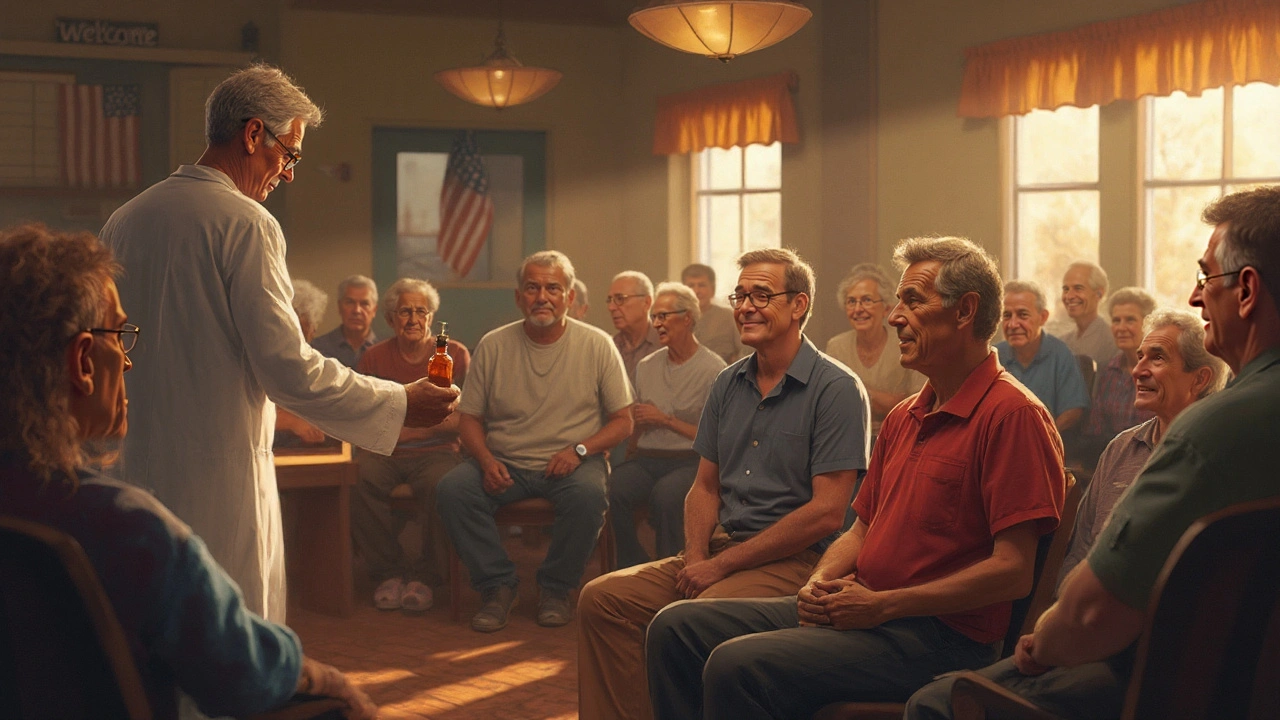AA Recovery: Real‑World Tips for Staying Sober
If you’ve ever wondered how a simple twelve‑step program can change a life, you’re in the right place. Alcoholics Anonymous isn’t a magic cure, but it gives you tools you can actually use every day. Below you’ll find the most useful advice that real people follow, not just textbook theory.
Getting Started with AA Meetings
First thing you need to do is find a meeting that fits your schedule. Most groups meet early morning, evenings, and weekends, so there’s usually an option that works for you. Arrive a few minutes early, grab a seat, and listen. You don’t have to share right away—just soaking in the stories can remind you that you’re not alone.
Take a notebook and jot down two things that resonate with you: a line from someone’s story, or a piece of advice you hear. Those notes become quick reminders when cravings hit. If you feel nervous about speaking, ask the chairperson for a “newcomer” card. It signals the group you’re just starting out and they’ll give you a little extra support.
Don’t forget the sponsor. A sponsor is a trusted member who’s been through the program longer. They’re not there to judge; they’re there to share what worked for them and help you navigate tricky spots. Set up a brief call or meeting each week and be honest about what’s happening in your life.
Maintaining Long‑Term Sobriety
Staying sober isn’t a one‑time event; it’s a daily practice. One of the easiest habits to build is a “quick‑check” before you eat, drink, or go to a social event. Ask yourself, “Will this choice support my recovery?” If the answer is no, you’ve already avoided a potential slip.
Cravings often come with certain triggers—stress, boredom, or specific places. Create a list of “alternative actions” for each trigger. For stress, try a short walk, a breathing exercise, or a quick call to your sponsor. Boredom? Pick a hobby, read a chapter from a recovery book, or watch a short educational video on RSE eLearning that explains how brain chemistry changes with alcohol.
Physical health matters, too. Regular exercise releases endorphins that naturally lift mood and reduce cravings. Even a 20‑minute jog or a home workout can make a big difference. Pair that with balanced meals—protein, healthy fats, and fiber keep blood sugar stable, which in turn stabilizes mood.
Finally, celebrate small wins. Finished a week without drinking? Give yourself a non‑alcoholic treat or a day off from chores. Recognizing progress builds confidence and reinforces the new habit loop.
Recovery is a journey that blends community support, personal habits, and continuous learning. By showing up to meetings, picking a sponsor, and building daily routines that protect your sobriety, you set yourself up for lasting change. Keep the focus on one day at a time, and remember that every step forward counts.

- Aug, 4 2025
- Comments 6